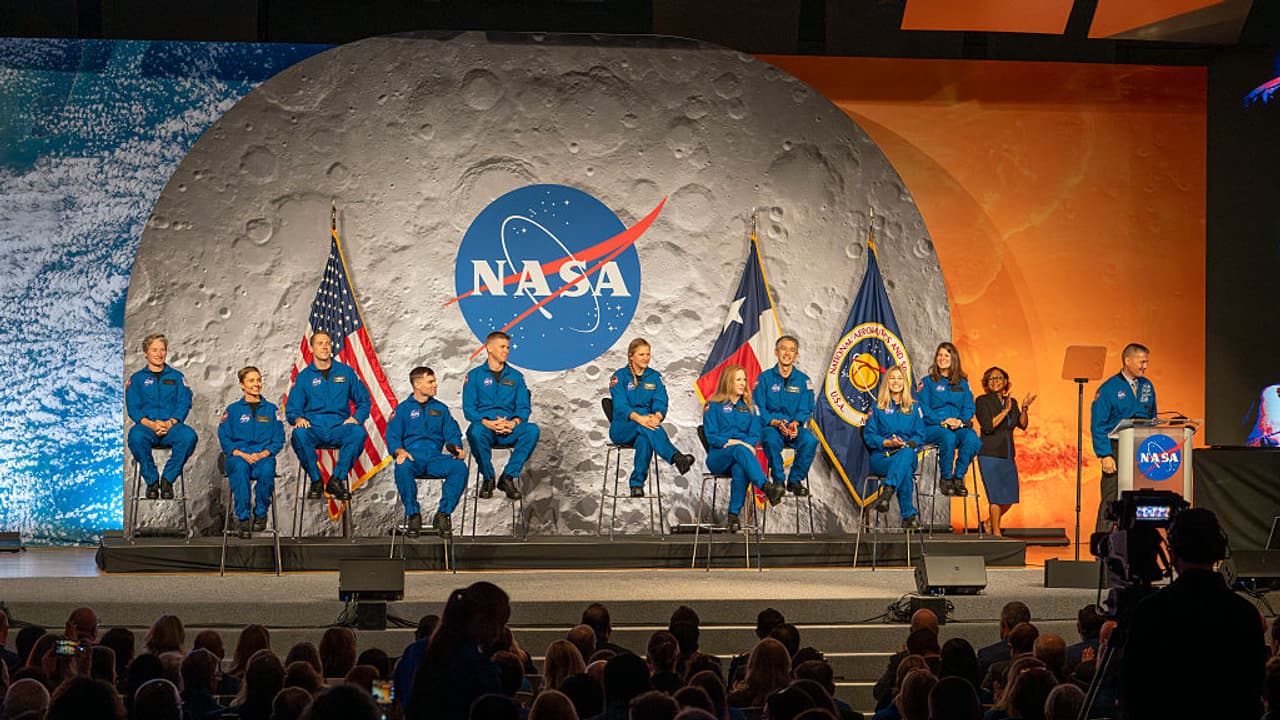The White House defended the proposed 24% budget reduction, calling NASA’s funding excessive. Despite concerns over program cuts, NASA’s administrator confirmed that key missions, including the Artemis moon landing, remain on schedule.
Washington DC (United States): A group of NASA whistleblowers has raised alarms over the agency’s internal operations, warning that astronauts could face life-threatening risks due to recent organizational changes and proposed budget reductions. However, the White House dismissed the criticisms, arguing that NASA’s budget has been excessive and that the same long-term goals could be achieved through future manned Mars missions. In a 21-page report submitted to the Senate Committee on Commerce, Science, and Transportation, NASA employees detailed concerns about secretive decision-making, lack of written records, and a culture that discourages open communication.
Why Is Budget Reduction Cause for Concern?
According to the report, several factors could compromise astronaut safety on upcoming missions. One whistleblower told the committee that ignored safety issues could result in an astronaut death in the near future. The report attributes much of the agency’s difficulties to the Trump administration’s proposed budget cuts and a restrictive work environment that has reportedly left employees afraid to report safety concerns. The committee’s findings specifically criticize the White House and the Office of Management and Budget (OMB), led by Director Russell Vought, for pressuring NASA to implement budget reductions without congressional approval. The proposed cuts for NASA’s 2026 fiscal year would reduce funding from $24.8 billion to $18.8 billion, a nearly 24 percent decrease, with steep reductions across science programs, research projects, and staffing.
“Almost every area of NASA would face significant cutbacks, including a 50 percent reduction in major science initiatives,” the report notes, highlighting a potential 33 percent cut to scientific projects, 47 percent to NASA programs, and layoffs affecting nearly one-third of the workforce. Employees told the committee that leadership, including Chief of Staff Brian Hughes, instructed staff to adhere only to the unapproved 2026 budget proposal, disregarding other plans. Several whistleblowers said they felt compelled to speak out to protect NASA’s mission, citing concerns over losing young talent and compromising safety standards. “I see safety issues around us all the time,” one NASA staffer said, while another warned that an astronaut death could occur within the next few years if the current culture persists.
Former NASA administrator and US Senator Bill Nelson has also voiced opposition to the proposed cuts, arguing that they jeopardize future missions to the Moon and Mars, including robotic missions like the Perseverance rover. At a recent NASA press briefing announcing the discovery of microbial life on Mars, new Administrator Sean Duffy addressed concerns about the budget, emphasizing that the agency is exploring faster and more cost-efficient methods to carry out its missions. Despite the proposed reductions, Duffy confirmed that the Artemis II mission to orbit the Moon is on schedule within the next two years, followed by Artemis III, which aims to establish a sustained human presence on the lunar surface.
